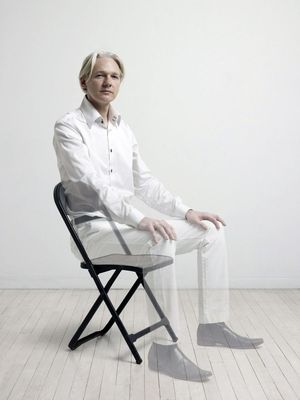Jemima Khan in New Statesman:

I passed through Los Angeles recently on my way to the Sundance Film Festival. I don’t know the place well, but it always feels to me as if it is in limbo and has never grown into a proper city: a municipal playground, populated by restless kidults. Here, people dine at seven and sleep by nine, ferried around in cars, sipping sodas, suspended in a make-believe world, poised in that fake calm between a toddler’s fall and ensuing screams. Its transient, unevolved quality may have something to do with it being a temporary home to a disproportionate number of famous people. There’s a theory about fame: the moment it strikes, it arrests development. Michael Jackson remained suspended in childhood, enjoying sleepovers and funfairs; Winona Ryder an errant teen who dabbled in shoplifting and experimented with pills; George Clooney, a 30-year-old commitment-phobe, never quite ready yet to settle down. Every plan in LA is SBO (“subject to better offer”). Fame infantilises and grants relative impunity. Those that seek it, out of an exaggerated need for admiration or attention, are often the least well equipped to deal with criticism.
Julian Assange was the reason I ended up at Sundance, the showcase for international independent film-makers. I was there to attend the premiere of Alex Gibney’s documentary about WikiLeaks, We Steal Secrets, which I executive produced and which Assange denounced before seeing. He objected to the title;
WikiLeaks tweeted that it was “an unethical and biased title in the context of pending criminal trials. It is the prosecution’s claim and it is false.”
